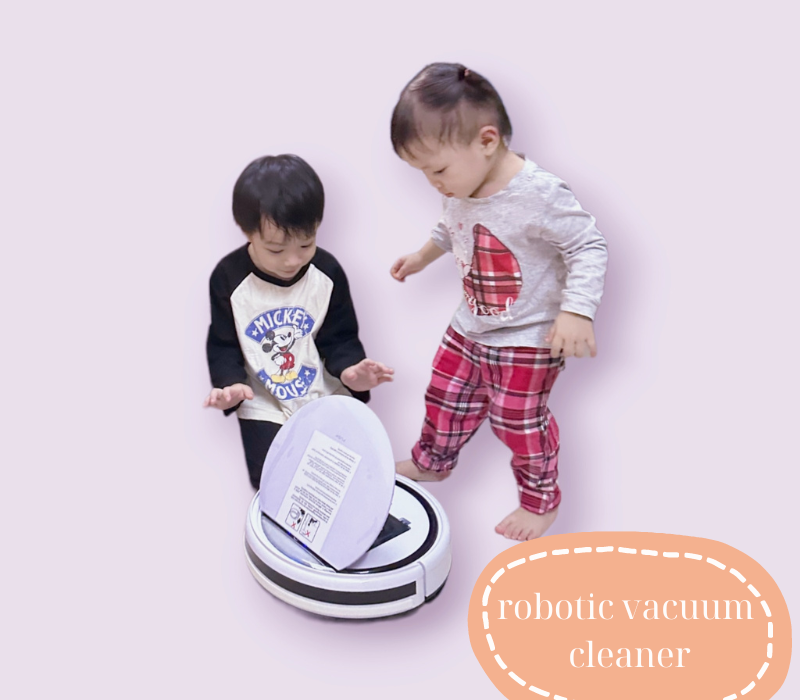If you encounter the IELTS Speaking Part 1 topic ‘Robots’ in the actual exam room, how would you respond to ‘capture the hearts’ of the examiners and achieve a high band score? Check out the ideas, sample responses, and some scoring vocabulary for the IELTS Speaking Part 1 Robots topic below!
1. Are you interested in robots?
Yes. I’ve always been curious about the potential of robots since I was a kid. I read a lot of books and watched a lot of movies about robots back then, and now robots are still something that piques my interest.
pique someone’s interest (idiom): to make someone interested in something and want to know more about it
2. Do you know something about robots?
I know that robots are machines that are designed to perform tasks autonomously or semi-autonomously. They come in various shapes and sizes, and they are widely used in today’s world. For example, robots are commonly used in manufacturing industries to assemble products with precision and efficiency.
autonomously (adverb): in a way that involves a country, organization, etc. governing itself or controlling its own affairs
semi-autonomously: acting independently to some degree
manufacturing industries: an industry that produces goods rather than services, or these industries considered as a group
assemble (verb): to come together in a single place or bring parts together in a single group
precision (noun): the quality of being exact
3. Do you use robots in your daily life?
Yes, I do use robots in my daily life to some extent. For example, I have a robotic vacuum cleaner at home that helps me keep the floors clean without much effort. It’s quite convenient as it operates on its own, navigating through the rooms and picking up dust and debris. Additionally, I also interact with virtual assistants on my smartphone, like Siri or Google Assistant, which use artificial intelligence to understand and respond to my voice commands. While these may not be humanoid robots, they are still technological devices that assist me in various aspects of my daily routine.
pick up (phrase verb): to lift someone or something using your hands
debris (noun): broken or torn pieces of something larger
artificial intelligence (AI): is the intelligence of machines or software, as opposed to the intelligence of humans or animals. It is a field of study in computer science which develops and studies intelligent machines. Such machines may be called AIs.
humanoid (noun): a machine or creature with the appearance and qualities of a human
4. Do you want to take a car in which a robot is the driver?
Yes, I would feel comfortable being in a car driven by a robot. The advancements in autonomous vehicle technology have made significant strides in ensuring safety. Robots are programmed to follow traffic rules and regulations, which reduces the likelihood of accidents. Additionally, they don’t experience fatigue or distractions, contributing to a potentially safer driving experience.
stride (noun): an important positive development
likelihood (noun): the chance that something will happen
fatigue (noun): extreme tiredness
distraction (noun): the state of being very bored or annoyed
5. Have you ever watched a film about robots?
As I said, I’ve watched a lot of movies about this topic since I was a kid. I was even afraid that one day robots might even take over the earth like in the Terminator. I believe advanced robots like in movies may be real one day. Who knows?
take over: to start doing a job or being responsible for something that another person did or had responsibility for before
Hope that with the sample answers for the Robots IELTS Speaking Part 1 topic and useful vocabulary above will help you feel more confident when facing this topic in the upcoming IELTS Speaking test. Wish you all success!














